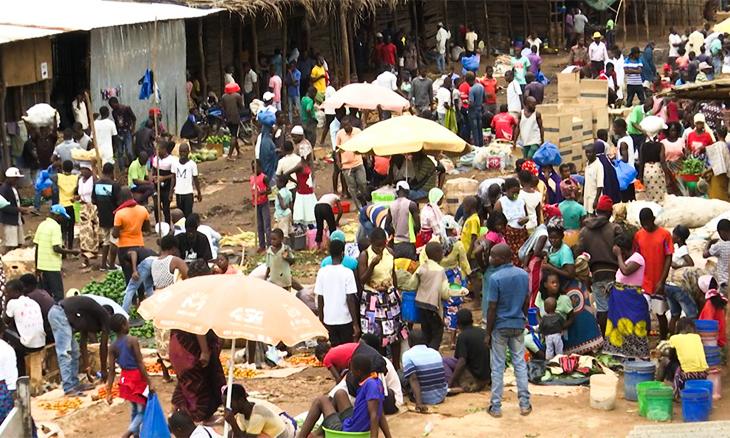Africa-Press – Mozambique. Mozambique has a very high population growth, and most citizens are young people, without jobs or even job opportunities.
This poses challenges to the government. According to the 2017 population census, 99% of the Mozambican population is dependent for their survival, in some way, on some-one else.
Speaking at a policy meeting called to promote reflection on the implications of population growth for the country’s economic and social development, Prime Minister Carlos Agostinho do Rosário observed that rapid population growth could be seen as either an obstacle to or a catalyst of the country’s development.
Do Rosário said that one of the great challenges facing Mozambique is the search for solutions and the creation of mechanisms able to respond to the economic and social constraints that come from rapid population growth.
It is therefore imperative “to invest in health, education, job creation and implement macro-economic policies that can generate opportunities for young people,” he said.
Despite the challenges, the country’s age profile may generate positive effects on economic growth and the well-being of the population, the prime minister added.
Unemployment, lack of opportunities for young people, social and geographic inequalities, poverty, natural disasters and now armed violence are barriers to achieving the demographic dividend.
“One of the challenges we have is the search for solutions that seek to respond to the challenges,” the prime minister said. “By investing in the program for the demographic dividend, we will ensure that youth can, in the future, help in the socioeconomic development of the country.”
The prime minister pointed out that, despite the challenges, the country has made progress in the implementation of public policies to improve the living conditions of the population.
Citing the 2017 census, do Rosário noted that infant mortality [under-5] had fallen from 94 deaths per 1,000 live births. in 2007 to 67 54.8 deaths per 1,000 live births. in 2017.
“In education, the illiteracy rate fell from 50% in 2007 to 39% in 2017, while water supply rose from 35% to 49% coverage. With regard to electricity supply, that also rose, from 10% to 22%,” he noted.
The prime minister also highlighted the rise in the life expectancy of Mozambicans from 49 to 54 years of age.
The assistant representative of the United Nations Population Fund (UNFPA), Eduardo Celades, says that population growth in Mozambique creates pressure on the country, and one of the ways to control the situation is family planning, since half of the women at 18 years of age already have children.
“As UNFPA, we are supporting the government in the area of women’s reproductive health, giving them the power to choose the number of children they have and the right time to have them. Our support comprises the donation of contraceptive methods,” he advanced.
Celades noted that the UNFPA currently assists Mozambique to the tune of more than US$30 million per year.
Mozambique has one of the youngest population in the world, with around 80% of inhabitants under 35 years of age.
By
Juliet Zucula






